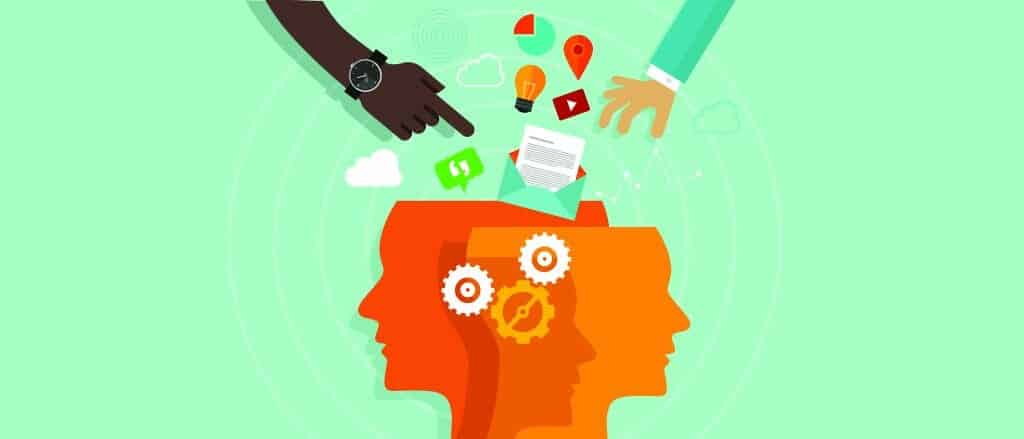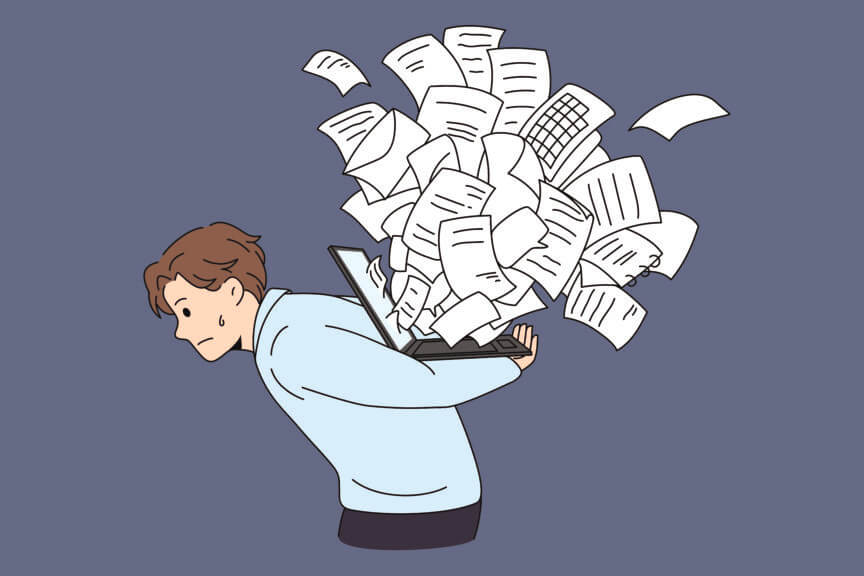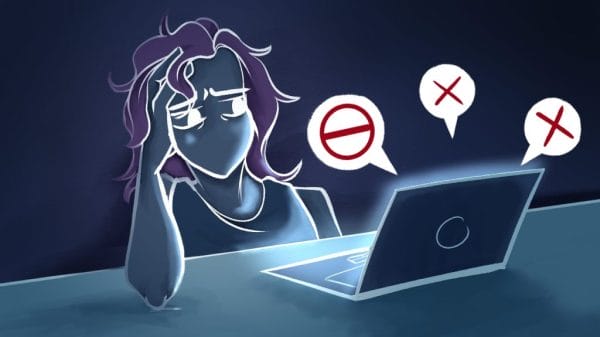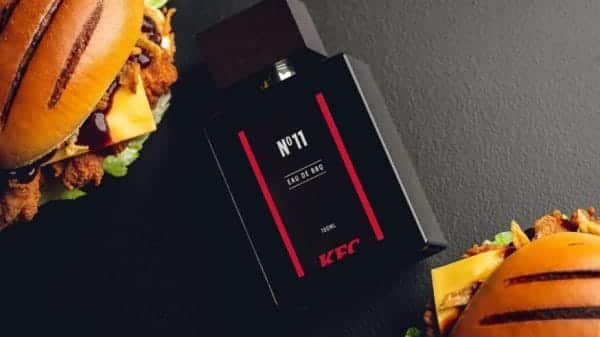In our increasingly digital world, we can find out about almost anything that interests us with just one click. While having so much information at our fingertips is a blessing, it can also be overwhelming and confusing. Often, the amount of information we consume does not correlate to the amount of knowledge and clarity we gain. To combat this mindless consumption, experts suggest going on an information diet.
Information Overconsumption
While we have all been taught to be aware of what we consume physically, the notion of consuming too much information can seem odd. After all, in our rapidly changing world, it’s crucial to stay informed. In our endless quest for self-improvement, it’s necessary to continue learning. If we’re to maintain our connections with others, we have to keep engaging. Right? Unfortunately, while the information available is infinite, our time is finite. Therefore, this compulsive consumption is only a recipe for burnout and bewilderment.
Author Clay Johnson, who wrote The Information Diet: A Case for Conscious Consumption, highlights that “the average American spends 11 hours a day consuming information while they’re not at work”. Most of us also turn our phones on and off at least 300 times daily. While we might convince ourselves that this is time well spent, whether we’re staying “connected” on social media or educating ourselves on news sites, the research says otherwise.
The Physiological Effects
In an interview, Johnson discusses the phenomenon of email apnea:
“When we get emails, our tendency is to hold our breath. It is to take a deep breath or even to just take a really shallow breath, and that has all kinds of different effects on our autonomic nervous systems. And you can really affect your health.”
The physiological effects of information overconsumption are also evident in our relationship to social media. It won’t surprise you that platforms displaying short-form content, such as TikTok, are designed to be addictive. As we scroll through these short videos, our dopamine (the feel-good hormone) increases, making it hard to stop. Though we feel good while on the app, these excessive dopamine hits can cause problems in our real lives, disrupting our sleep and making us irritable.
Watching these micro-length videos all day also shortens our attention spans. As Dr. Sheryl Ziegler notes, many young people find watching a movie boring nowadays because apps like Tik Tok make this form of content seem too long. When most of us can’t even sit through two hours of entertainment without reaching for our phones, it’s clear we’re addicted to information, but why?

Why We Overconsume
The dopamine hit we get every time we open TikTok is one reason, but there may be a deeper one. YouTuber Jordan Green claims that FOMO (the fear of missing out) is what keeps people on social media. I would take it one step further and say that this fear makes us overconsume all types of content.
Like Hank Green, we often feel this “vague yet nagging obligation to be informed about the events of the day”. Yet, most of us consume information in a way that prevents proper understanding. We skim instead of deep reading and return to the same sources without questioning their validity.
Many of us justify this overconsumption by claiming that we must keep up with the news to be good citizens. While everyone’s life circumstances are different, I’m sure most of us would benefit the world more by focusing on what we’re doing rather than on what’s happening in politics.
If something is so relevant to you, you will hear about it anyway. There is also no need to be worried about losing friends because you’re not active enough on social media. As Jordan Green points out, if someone really cares about you, they’ll find another means of communicating with you. If someone leaves your life when you prioritize your mental and physical health, they are not meant to be in it.
What Does An Information Diet Entail?
Unlike a social media detox, “where the goal is to completely disconnect”, an information diet provides a sustainable approach to consuming media mindfully. So, what does it look like in practice? A common misconception is that it means consuming less. While some might favor the low-information diet, Tim Ferriss’ idea of “restricting the amount of information that you consume” isn’t necessarily the best approach.
Many experts agree that the quality of information is much more important than quantity. “We still need to stimulate our brain to keep it sharp” but how we do this matters.
“Instead of receiving useless information, we can feed our brain useful information that can be used in the future by learning a new skill.”
The Life Formula
@daily_stoic What does your information diet look like?
♬ original sound – dailystoic
That is not to say that everything we consume has to be edifying. If something you are reading or watching uplifts your mood, it can be considered a valuable part of your information diet. The vital thing is that the information is bringing you some value. To ascertain this, it might help to ask yourself the following questions:
Is this providing value to me?
Is this the best use of my time?
Is this information that I’m consuming actional and relevant to me?
If the answer is “no”, it might be time to eliminate this type of content from your information diet. While we want the information we consume to serve us, this doesn’t mean it should always feel comfy. According to YouTuber Brian Kehm, if we are to have a diverse information diet, we must embrace cognitive dissonance:
“Try to look to the facts and not just the ones that support what you believe. Avoid confirmation bias and learn to get a better handle of cognitive dissonance.”
Most news networks and social media platforms want to keep us engaged so they can present us with more advertisements. They also know that “people are more likely to engage with content they already agree with (a.k.a confirmation bias)”. Therefore, it is up to us to add diversity to our information diet by looking at various credible and objective sources.
The Cycle of Information
We all have an information diet. The question is, will we become conscious of how it affects us and adjust it accordingly? As Clay Johnson explains, this is not just important for our own sake but the sake of others.
“Your information consumption habits are consequential not just to yourself but to other people. When you’re reading an article online, you’re not just reading that article, you’re voting for it, and you’re telling an editor to write more stuff like that.”
For this reason, Digital Media Architect Samantha Phelan urges us only to consume “content that inspires and educates, provides humor or challenges us to think differently”. It may take time, but eventually, our conscious consumption habits will cause a shift in the types of content being produced.

When we share what we’ve learned with the people in our lives, we also affect their information diet. This is a scary thought, considering that most people don’t feel it necessary to fact-check. Perhaps, if we all focused more on our personal information cycle, we would make better contributions to the collective.
A healthy information diet involves consuming, reflecting, and expressing (or creating) in equal measure. What’s happening now is that most people are consuming information and immediately regurgitating it, thereby spreading misinformation. If we want to express something of value instead, taking time to reflect on what we’ve consumed is crucial.
Why not start now with this article? Did it give you any value? I sincerely hope so.














